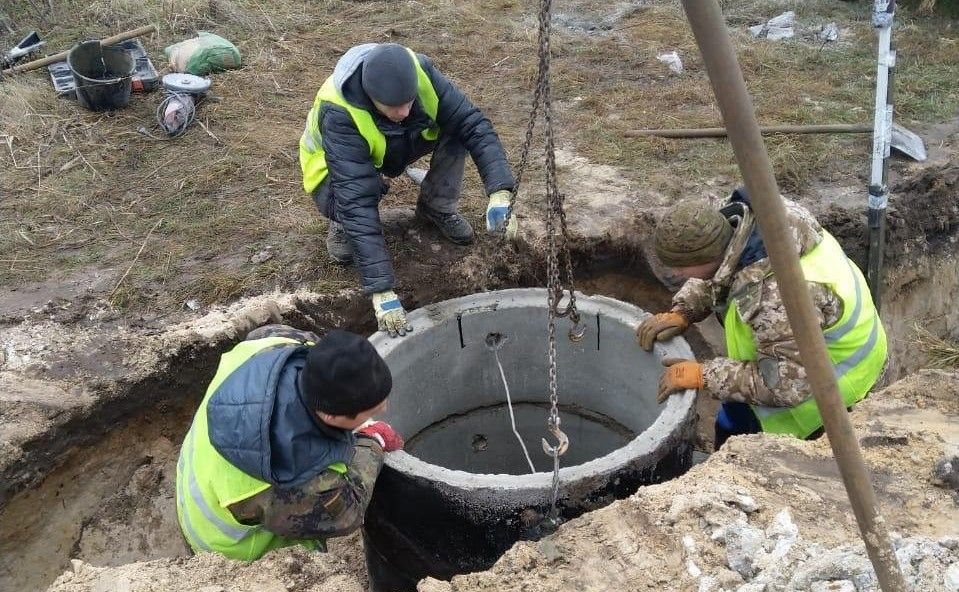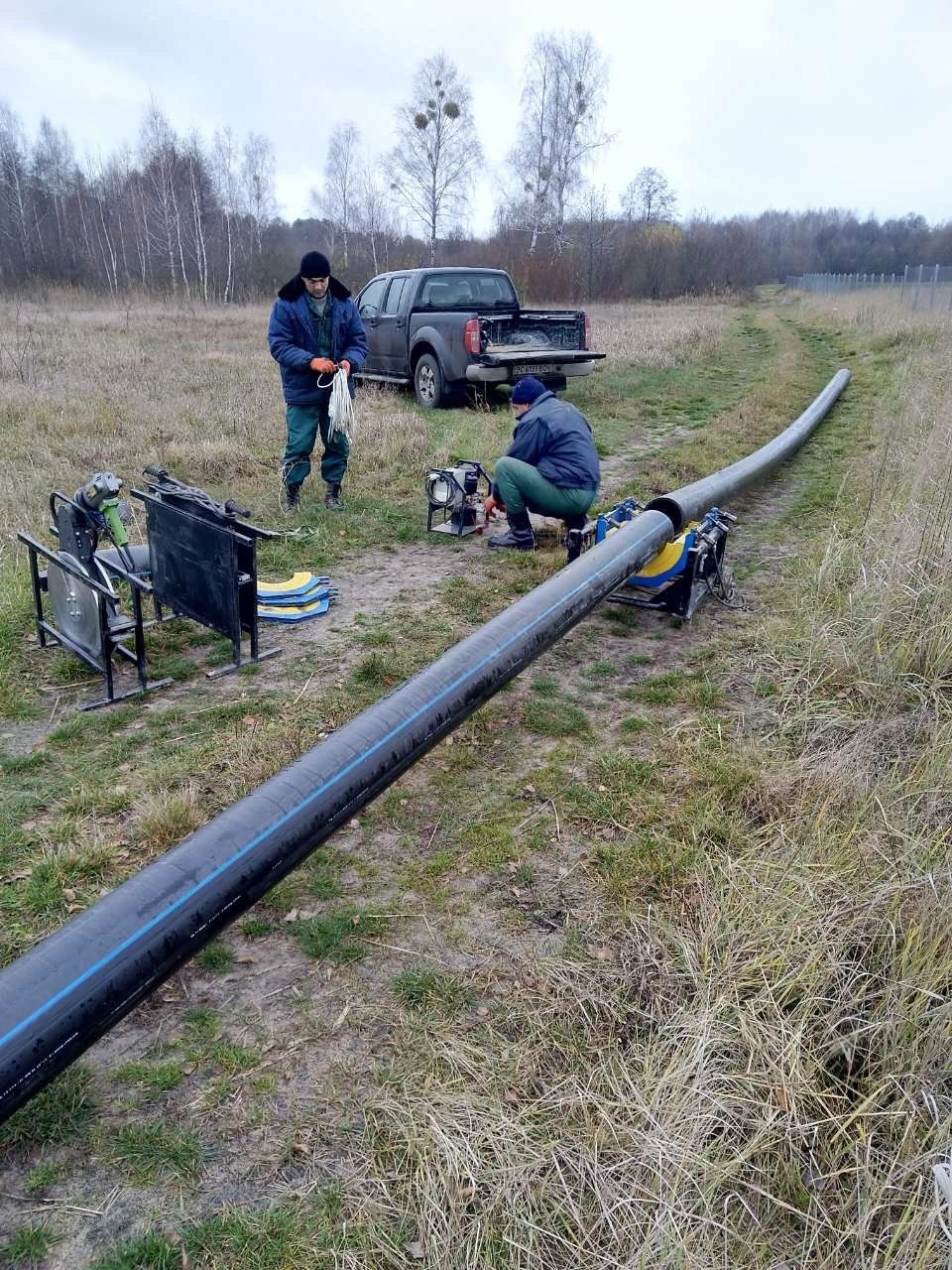“I want my grandchildren to also enjoy my lake: it’s time for a good sewage system!”
“I come from this area; I live near the Svityaz lake. I have been enjoying the lake all my life and I want my grandchildren to enjoy it too”
Viktor Pleytukh, deputy head of Shatsk District State Administration of Volyn Region
The Svityaz lake, located in the north-western corner of Ukraine, close to the borders with Poland and Belarus, is the second largest in the country, with an area of approximately 25 square kilometers. The lake is part of the Shatsk biosphere Reserve in Ukraine, and the cross-border biosphere reserve “Western Polesie”. The weather in the region, and the lake’s clean waters and sandy bottom, make it a very popular destination for tourists both in Ukraine and across the region.
Tourists bring prosperity, but also infrastructural strains, for example when it comes to the sewage system. Summer visitors cause load peaks in the drainage and treatment facilities: often local municipalities do not have the infrastructures and the funds to handle those peaks. Many smaller villages do not even have a proper sewage network themselves. As a result, the lake water and connected groundwaters are often polluted and contaminated. The problem is not new, and it has troubled local authorities for more than ten years. Pollution ignores national borders and the water quality is affected in the entire border region of Belarus, Poland and Ukraine. Cross-border problems require cross-border solutions, and the ENI CBC Poland-Belarus-Ukraine Programme has offered the opportunity to tackle groundwater pollution. The main purpose of the project is simple: to protect nature and to ensure water quality, as Lake Svityaz is a source of drinking water for the whole region. However, the project aims at other beneficial effects: less contamination means fewer diseases, more tourists, therefore more jobs. In a word, prosperity.
While the infrastructural component of the project is implemented only in Ukraine, activities are conducted also in Poland and Belarus, since discharges affect the Western Bug (Poland and Belarus) and Pripyat (Belarus) rivers. The cross-border cooperation approach, after all, is also about bringing local communities together, to define how to effectively protect nature and to improve life quality. Last but not least, in a cross-border cooperation programme one is never alone: not only projects are the result of teamwork, but neighbouring municipalities are there to share their experience and good practices. The impact then multiplies.
The project is now in the second year of implementation: it was progressing according to schedule, when the outbreak of COVID- 19 disrupted activities, causing some delays in March and April 2020. Field works were halted and procurement has become more complex. As a consequence, the lead partner has requested an extension until June 2021. When the project is finalised, approximately 90 km of sewage network will be available, connecting more than 2.600 households and increasing treatment capacity by 2.000 m3/day at least.
The struggle for clean water and a clean lake Svityaz does not end with this project. Partners are already discussing about expanding the sewage system throughout more settlements of the biosphere reserve and investing in a pipeline for reliable water supply. These investments will favour a coordinated handling of discharges, and will assist a centralised supply management. They will also support the introduction of a sound and sustainable fee system, thus increasing awareness of responsible water usage.
The project taught the partners a lot. The experience of other countries is always very valuable, and technical expertise is essential, but better if it is linked to the knowledge of the affected sectors, for example tourism, which is very seasonal. Also, synergies should be explored; water treatment facilities roofs, are an excellent spot for solar panels. “This all takes time. It is essential to plan properly: if you are planning water infrastructure – says Viktor Pleytukh – better not jump in the water headfirst!”

